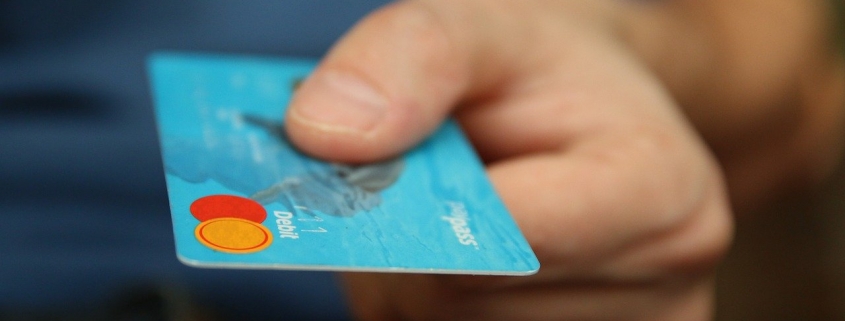The consumer case for overdraft privilege
The last few years lawmakers have put extensive focus on overdraft privilege programs and are pushing for additional guidance on the way financial institutions handle overdrafts. It seems that the lawmakers that are pushing for changes only have one way of looking at overdraft privileges, so The American Bankers Association (ABA) wrote a response to the two overdraft research reports that the CFPB issued on December 1, 2021 with some additional data.
First, lawmakers have pushed the narrative that consumers do not want overdraft privilege and that the CFPB constantly gets complaints regarding overdrafts. The facts show that in 2020 less than 0.15% of CFPB complaints were related to overdrafts. The ABA reports found that 90% of adults find their bank’s overdraft protection valuable and that 23% of consumers intentionally overdraw their account to cover expenses. A Morning Consult study found that ½ of Americans think overdraft fees are fair and Curinos research found that 62% of consumers would reconsider their support for new regulation of overdraft if it limited access to the service.
Additionally, lawmakers believe that overdraft fees are not fair and are very expensive for consumers. The ABA reports show that 62% of adults state overdraft fees are reasonable while only 21% state that overdraft fees are unreasonable. Also, in the ABA report it states that 72% of adults were happy their payments were covered. The CFPB and lawmakers believe that low income consumers suffer the consequence of overdraft fees more than those who are financially comfortable by a large margin. The recent ABA report found that 25% of adults say they have paid an overdraft fee in the past year and that consumers across income brackets are equally likely to have paid an overdraft in the past year. Post-grads are more likely to overdraw their account than regular college degree or those without a college degree. According to an article that Indeed posted in 2021, employees who have a post-grad degree make well over double than that of an employee who only has a high school diploma. The ABA reports found that lower-income households (<$24k annual deposits) avg 10 items paid into overdrafts annually versus 18 items for consumers in the highest income stratum (>$60k annual deposits). Another point that the ABA report highlights is that lower-income consumers receive more fee waivers and refunds than higher-income consumers.
Before any new regulations around overdraft privilege are done, lawmakers need to look at the economic impact that such action will cause. Currently overdraft users realize an economic benefit of over 7 to 1, providing annual stimulus to the economy of $65.6B. Without overdraft privilege consumers lose $443 in purchasing power for each returned check or ACH transaction. Some larger financial institutions have made changes to their overdraft privilege programs due to fear of potential changes in the regulation and because of competition. The banks that have already announced changes are expecting hundreds of millions of dollars in lost revenue. How will these financial institutions make up for this loss of revenue – will they increase other fees or will they have to decrease staffing to meet stockholders’ expectations? Only time will tell.



